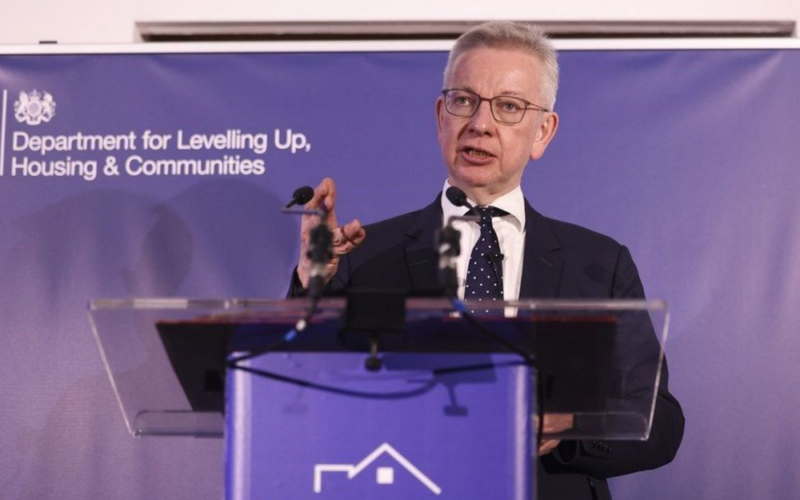The United Kingdom has witnessed significant changes in its definition of extremism over the years, sparking debates and criticisms from various quarters. The evolution of this definition reflects the UK government’s efforts to tackle extremism and radicalization, but it has also raised concerns about freedom of speech and the targeting of specific communities.
In recent years, the UK government has broadened its definition of extremism to encompass a wider range of beliefs and behaviors. According to the government’s current definition, extremism is defined as “the vocal or active opposition to fundamental British values, including democracy, the rule of law, individual liberty, and mutual respect and tolerance of different faiths and beliefs.” This definition has been criticized for being overly broad and potentially encompassing a wide range of political and religious beliefs.
One of the key criticisms of the UK’s extremism definition is that it is vague and open to interpretation. Critics argue that the definition is so broad that it could potentially be used to target legitimate political dissent or religious beliefs that are considered mainstream in other countries. This has raised concerns about the impact of the definition on freedom of speech and expression in the UK.
Another criticism of the extremism definition is that it disproportionately targets certain communities, particularly Muslims. Critics argue that the definition and the government’s counter-extremism policies have led to the stigmatization and marginalization of Muslim communities in the UK. This has fueled tensions and contributed to a sense of alienation among some segments of the population.
The UK government has defended its definition of extremism, arguing that it is necessary to tackle the threat posed by extremist ideologies and radicalization. The government has implemented a range of measures to counter extremism, including the Prevent strategy, which aims to identify and intervene with individuals who are at risk of being radicalized.
Despite these efforts, the government’s approach to extremism has continued to attract criticism from civil liberties groups, religious leaders, and politicians. Critics argue that the government’s focus on security and counter-terrorism has come at the expense of civil liberties and has undermined efforts to build cohesive and inclusive communities.
In response to these criticisms, the UK government has pledged to review its counter-extremism strategy and engage in dialogue with communities affected by extremism. However, the debate over the definition of extremism and the government’s approach to tackling it is likely to continue, highlighting the complex and challenging nature of addressing extremism in modern society.








